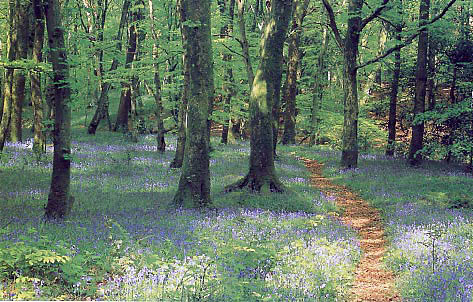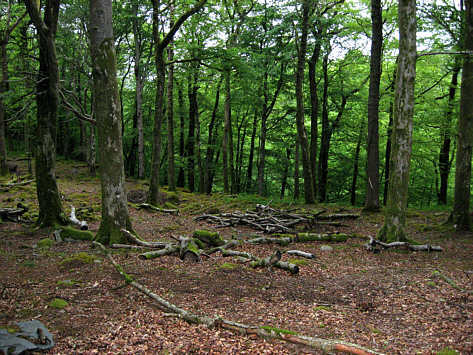According to an article at Times Online, the London School of Economics has recieved a £12 million donation to set up a new institute to study the economics of climate change. The philanthropist concerned is Yorkshire born Jeremy Grantham, founder of a £55 billion investment fund called GMO. He is clearly a very successful investor and has endowed the Grantham Foundation for the Protection of the Environment, from which the funding comes, with £165 million of his own money.
Grantham grew up in Yorkshire and went to university in Sheffield before moving to America in 1968 to take an MBA at Harvard. However, his decision to invest some of his foundation’s money in Britain was not a nostalgic one. It followed the publication of Lord Stern’s report on The Economics of Climate Change and it is now Stern who heads the LSE institute.
Those choices are already paying dividends. The LSE’s research seems likely to play a key role in this December’s UN negotiations in Copenhagen where world leaders will seek agreement on cutting greenhouse gases.
Times Online
Grantham clearly takes ‘the environment’ very seriously. Here is what he told The Times about why he is being so generous:
“Because climate change is turning into the biggest problem humanity has ever faced. I wanted to invest my money in places where it might actually help tackle that problem,”
“We are destroying the planet. We are in the middle of one of the greatest extinctions of species Earth has seen. If it continues unchecked, humanity will soon be running out of food and water.
“What it means is that the environment, especially climate change, is going to be the central issue for all society, including business, politics and the economy. Capitalism and business are going to have to remodel themselves and adapt to a rapidly changing and eventually very different world.”
Times Online
These views extend far beyond the world of mainstream science, all the way to the wilder shores of environmental activism and alarmist propaganda; not at all the kind of speculation that you would expect a respected academic institution like the LSE to be associated with. It would also seem that Grantham has a pretty low opinion of anyone who is not either a scientist or, presumably, a financier like himself:
“Humanity is largely innumerate,” said Grantham. Continue reading »




Recent Comments